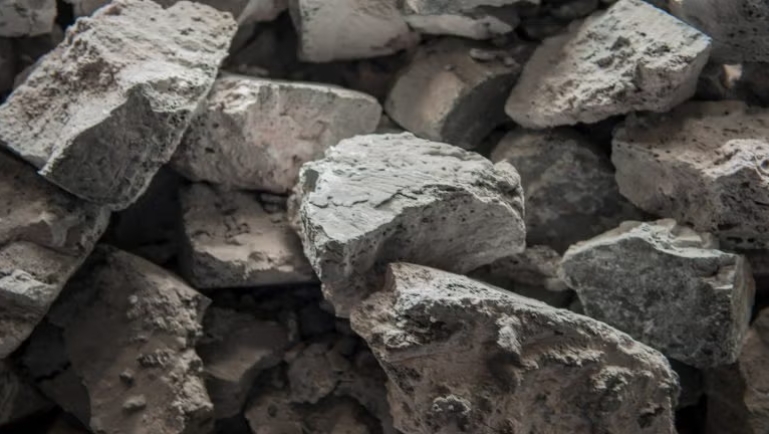
Russia was the largest recipient of China’s alumina exports last month, accounting for 48%.
China’s alumina market has seen significant shifts. Last year, prices spiked before dropping sharply as new production facilities increased output, creating a surplus. This prompted producers to seek international buyers. Unlike other metals like steel and aluminium, which have faced global market challenges, alumina exports have been directed to a select group of countries.
Russia was the top destination, receiving 48% of China’s alumina exports in March, driven by a feedstock shortage. Rusal, Russia’s major aluminium producer, signed an agreement with a Chinese supplier in 2023 to address this need. Indonesia and the United Arab Emirates also imported significant volumes, accounting for 19% and 23%, respectively.
To manage overcapacity, the Chinese government has introduced measures to limit new investments in industries with excess supply, including restrictions on new alumina plants in high-pollution areas,“ said a spokesperson from the Ministry of Industry: “These steps align with our broader efforts to balance industrial growth and environmental goals.”
The China Nonferrous Metals Industry Association has raised concerns about the sector’s rapid expansion, noting that 15 million tonnes of new capacity are under construction, with an additional 20 million tonnes planned. This would add to China’s existing annual capacity of 107 million tonnes, potentially exacerbating the surplus.
In a separate development, China has implemented export controls on rare earth minerals, which account for about 90% of global supply. Exporters now require licenses from the Ministry of Commerce, a process that can be time-consuming. South Korean companies have been advised to avoid supplying products containing Chinese rare earths to U.S. defense firms, with warnings of potential penalties for non-compliance, according to industry sources.
South Korea holds over six months’ worth of stockpiles for some restricted rare earths, while the U.S. has limited reserves, insufficient for long-term defense needs. South Korean officials are engaging in trade discussions with the U.S., while China has urged countries to avoid economic agreements that could harm its interests.